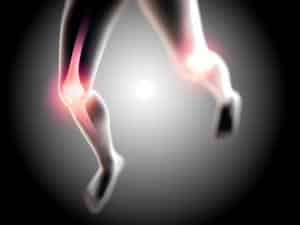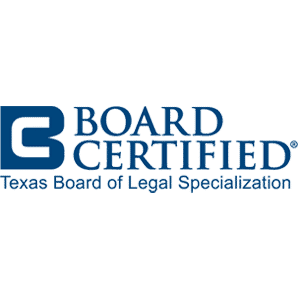Zimmer NexGen Knee Replacement

About the Zimmer NexGen Flex Knee System
More than 73 different knee replacement devices are sold by Zimmer, including five devices in its NexGen Flex line.
These include:
- NexGen LPS-Flex Fixed-Bearing Knee
- NexGen Complete Knee Solution Cruciate Retaining-Flex Femoral Components (CR-Flex)
- NexGen Complete Knee Solution Gender Solutions Female LPS-Flex (GSF LPS-Flex)
- NexGen Complete Knee Solution CR-Flex Gender Solutions Female CR-Flex (GSF-Flex)
- NexGen Minimally Invasive Solutions (MIS) Total Knee Procedure Stemmed Tibial Components.
A healthy knee can bend up to 160 degrees. The degree of bending is referred to as “flexion.” With most knee replacement products, only 120 degrees of flexion were achievable. Zimmer’s Flex Knee systems were designed to offer a higher degree of flexion. For example, the NexGen Flex was marketed as a knee replacement device that could provide up to 155 degrees of flexion. The NexGen devices worked to allow more flexibility because they provided a different design from other knee replacement products, offering a better connection between the tibia and femur. Knees are traditionally replaced by cutting the ends of the femur and tibia bone into shape, removing the cruciate ligament and cartilage and putting in a new joint that connects the femur and tibia. Each of the NexGen products worked in a slightly different way. For example, the NexGen LPS-Flex knees promised greater patella clearance. This would reduce the amount of tension in deep bending so it was possible to achieve more flexion with the replacement joint.Pegs attached to the femoral component would offer the additional stability needed for deeper bending. The NexGen CR-Flex, on the other hand, preserves the cruciate ligament while other products require its removal. This was intended to allow greater stability in the joint and was marketed only to patients who had good bone stock and strong ligaments.
Problems with the NexGen Flex Products
In 2007, a report published in The Journal of Bone & Joint Surgery revealed that the LPS-Flex knees had a high failure rate. In 38 percent of patients, the joint loosened within the first two years. A total of 56 percent of patients in the published study had to have revision surgery performed as the joint began to cause them significant pain. Most knee replacements, on the other hand, can last for as long as 15 to 20 years.
Patients with the NexGen Flex implants exhibited a number of problems and symptoms, including:
- Severe pain in the knee
- Limited range of motion — Approximately 1in5 people with the Zimmer NexGen Flex knee were not able to squat, kneel or sit on their heels effectively despite manufacturer promises.
- Loosening of the components –The femur component was susceptible to becoming loose very quickly. A 2010 study of 166 patients with 218 LPS Flex- knee implants, for example, revealed that the component had loosened in 30 knees within 24 months.
- Failure of the knee replacement devices.
Compensation for Patients with Zimmer NexGen Knee Replacements
If you or a loved one is experiencing problems with Zimmer NexGen knee replacement products, you could be entitled to compensation. The defective medical device attorneys at Roberts & Roberts are currently investigating claims related to Zimmer knee replacements. For a free, confidential review of your claim, call us today at 903-597-6000 or 903-597-6000 or contact us online. The call costs you nothing. It could mean everything.
Sources:
- The Journal of Bone & Joint Surgery – “High incidence of loosening of the femoral component in legacy posterior stabilised-flex total knee replacement”







